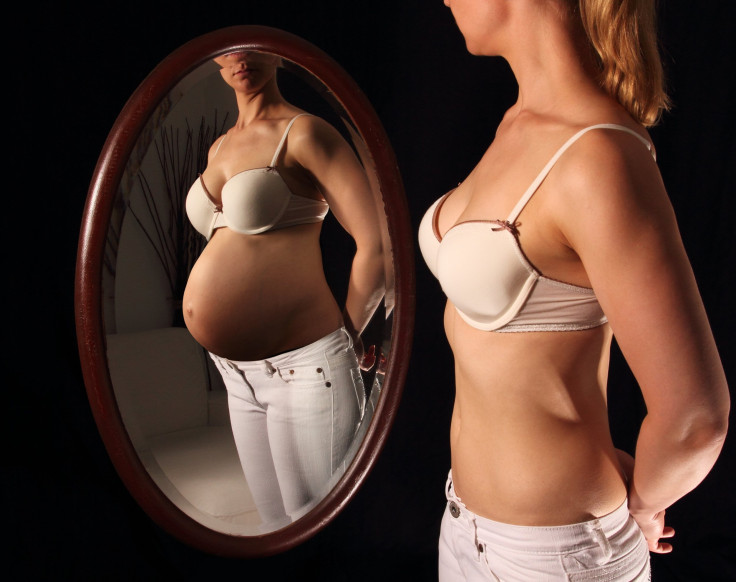Abortion Rights Quickly Escaping Southern Women, As Centers Grow Few And Far Between

Louisiana may soon force the closure of three of the state’s five abortion clinics with a new law requiring providers to secure admitting privileges at a hospital within a 30-mile radius.
Pursuing a new Southern strategy, lawmakers voted overwhelmingly to send the so-called Targeted Regulation of Abortion Provider (TRAP) bill to Gov. Bobby Jindal, a Republican who has promised his signature. The bill is modelled after similar legislation either proposed or passed in Texas, Oklahoma, Mississippi, and Alabama, where abortion rights activists say conservatives will force the closure of all but a dozen or so clinics. The proposed law would relegate abortion access in Louisiana to two clinics that are both located in Shreveport, which is about a five-hour drive from New Orleans.
Most affected by the proposed law would be poor women from rural areas, says Rep. Herbert B. Dixon, a Democrat from Alexandria. “The problem I have with the bill is access, especially in the rural areas I represent.”
Supporters of TRAP laws say the regulation would protect women from possible harm by requiring providers to secure pre-existing relationships with area hospitals. However, abortion rights supporters such as the The Guttmacher Institute say such laws do “little, if anything” to “add to long-standing patient safeguards.” Effectively, the law gives hospitals “veto power” over abortion providers who wish to operate in a given area of the state.
Though American abortion politics often follow the party line, Democratic Rep. Katrina R. Jackson told The New York Times that she and others had joined a largely bipartisan majority to pass the bill. “I respect and disagree that the Supreme Court has ruled abortion constitutional,” she said, “but I also respect that elected officials in Louisiana must protect the health and safety of our constituents.”
Other supporters such as A. Eric Johnston, a lawyer from Birmingham, downplayed the inconvenience presented to women seeking reproductive health services in the state. “What’s worse? Driving 300 miles to get an abortion from a clinic that meets a better standard of care, or going to a substandard one?” he told The Times.
Yet the proposed law would also go further, imposing a 24-hour waiting period on women seeking either a medical or surgical abortion, according to The Times-Picayune.
"While it's been widely reported that the new measures could shutter three clinics in Baton Rouge, Metairie, and New Orleans, the clinic in Bossier City must still work to comply,” the newspaper said this week.
In practical terms, women in Louisiana seeking an abortion would be compelled to make two separate trips to Shreveport, imposing a hardship on the poorest of rural residents.



























